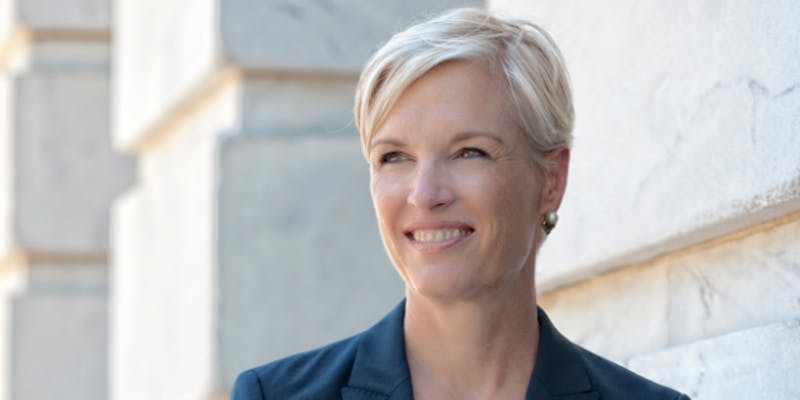Global health, by definition, places a priority on improving health and achieving equity in health for all people worldwide. While “all people” certainly includes women, there is a need for women’s health issues to receive focused attention.
The health of women and girls around the world depends on a complex interplay of biological sex differences and gendered social determinants. Picture a tangled web of complicated factors—menstruation and pregnancy, domestic responsibilities, physical safety, economic capacity, sexuality, political and social marginalization—that work together and against one another, resulting in severe and systemic health consequences.
To raise greater awareness of the unique and routinely unmet health needs of women, the Rutgers Institute for Women’s Leadership consortium presents the Anita Ashok Datar Lecture on Women’s Global Health. At 7 p.m. on November 12, past president of Planned Parenthood Federation of America Cecile Richards will speak at the Douglass Student Center, sharing her personal and professional tales of courage and leadership.
Lisa Hetfield, interim director of the institute, talks about the links among women’s health, family health, and global health, as well as the roles of passion and ambition in creating a more just world.
Why is women’s health something that everyone should care about?
We need to be looking at health holistically, that is, to consider the social, economic, cultural, and biological dimensions that shape both men’s and women’s health. Women’s health is integral to family health and community health. We need to have the conversations about how one influences the other, and we need leaders who understand that gender is a determinant of health outcomes.
Where do you see opportunities for change with respect to women’s global health?
We need to understand health disparities among women, both locally and globally. To do that, we need different approaches to health research, which is often focused on men’s health—or, to put it another way, there hasn’t been enough research that is women’s health-specific. A good example is a new study on the relationship among women’s body shapes, pelvis shapes, and childbirth experiences. With a goal of health equity, we really need more funded research in the vast realm that is women’s health.
Cecile Richards was named one of TIME magazine’s “100 Most Influential People in the World.” What is her message to the Rutgers community regarding women’s global health?
She has been in the trenches as a supporter for individual women, and also on the front lines of complex national battles with international significance. Cecile has been so strong in her support of women’s health and social justice, and we can learn from her how leadership, activism, and public policy come together as a force.
The lecture series’ namesake, Rutgers alumna Anita Ashok Datar, lost her own life in 2015 at the hands of terrorists while she was working in the African country of Mali. Datar had devoted her career to advancing global health and international development, specifically HIV and reproductive health. How will her legacy motivate Rutgers students and the broader community?
Anita is an inspiration for getting out in the world and doing something about these issues. She was making an impact. Her passion lives on through this lecture, as we shine a light on women’s global health and leadership. Anita cared so much—so much—about helping others. Be like Anita. Be passionate. Take action.
Photo of Cecile Richards provided by Institute for Women’s Leadership

